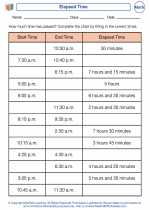Weather Stations
A weather station is a facility, either on land or at sea, with instruments and equipment for measuring atmospheric conditions to provide information for weather forecasts and to study the weather and climate. Weather stations can be automated or manned and are typically equipped with instruments such as thermometers, barometers, anemometers, and rain gauges to measure temperature, air pressure, wind speed, and precipitation.
Types of Weather Stations
There are different types of weather stations based on their location and purpose:
- Automated Weather Stations: These are unmanned weather stations that use electronic sensors to measure and transmit weather data.
- Manned Weather Stations: These stations are staffed by meteorologists who manually record and analyze weather data.
- Mobile Weather Stations: These stations are mounted on vehicles or aircraft to gather data from remote or moving locations.
Functions of Weather Stations
Weather stations serve several important functions:
- Weather Forecasting: By collecting and analyzing data, weather stations help meteorologists predict short-term and long-term weather patterns.
- Climate Research: Data collected by weather stations is used to study climate patterns and trends over time.
- Aviation and Marine Operations: Weather stations provide crucial information for safe air and sea travel, including wind speed, visibility, and temperature.
- Agricultural and Environmental Monitoring: Farmers and environmental scientists use weather station data to make informed decisions about planting, irrigation, and conservation efforts.
Study Tips
To better understand weather stations, consider the following study tips:
- Learn about the instruments: Familiarize yourself with the various instruments used in weather stations and their functions.
- Understand data collection: Study how weather data is collected, processed, and transmitted from weather stations to meteorological agencies.
- Explore real-world examples: Research specific weather stations and their contributions to weather forecasting and research.
- Practice interpreting weather data: Work on interpreting weather data such as temperature, air pressure, and wind speed to understand their significance in forecasting.
By understanding the functions and importance of weather stations, you can gain insight into the role they play in monitoring and predicting weather patterns, and their impact on various aspects of daily life.
[Weather Stations] Related Worksheets and Study Guides:
.◂Math Worksheets and Study Guides Fifth Grade. Elapsed Time
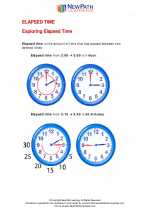
 Activity Lesson
Activity Lesson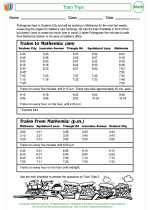
 Activity Lesson
Activity Lesson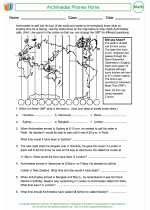
 Worksheet/Answer key
Worksheet/Answer key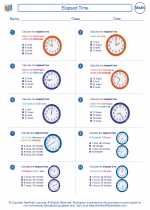
 Worksheet/Answer key
Worksheet/Answer key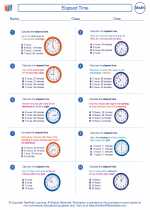
 Worksheet/Answer key
Worksheet/Answer key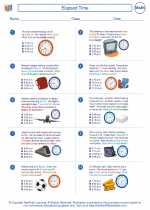
 Worksheet/Answer key
Worksheet/Answer key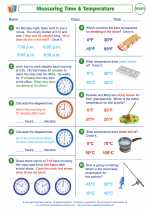
 Worksheet/Answer key
Worksheet/Answer key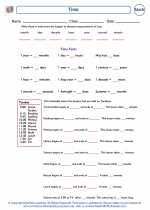
 Worksheet/Answer key
Worksheet/Answer key